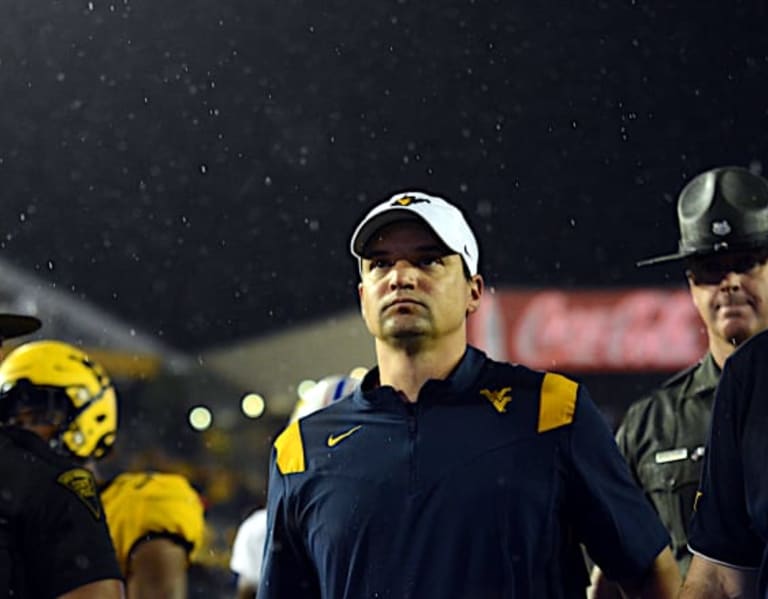Bussiness
In a results based business, Neal Brown didn’t produce enough

Neal Brown is a good man that in many areas ran his football program in a model way.
But in major college athletics that simply isn’t enough.
Sunday through Friday the program that Brown built in his six years atop West Virginia checked all the boxes that any administration would want to see out of its head coach.
The Mountaineers brought in good people, recruited well, branded the program in a positive fashion, created innovative programs such as the 5th Quarter and cultivated a strong family culture. On that front, Brown met the expectations that were set when he inherited the program in January 2019.
It was a move that at the time was lauded across the college football landscape and was seen as a natural fit given his background in central Kentucky and the similarities to the people of the Mountain State.
It was expected to be a near perfect match of an upcoming coach and a program that was looking to get back on track after some turbulent years under Dana Holgorsen.
Brown said all the right things when he took the job and certainly presented himself and his program in a positive light as he discussed his plans on building the Mountaineers football program.
But when the rubber met the road, the results simply weren’t there.
And in a results based business; it turns out that actually winning the football games matters quite a bit more.
Brown was 37-35 through six years with the program and 25-28 in the Big 12 Conference. That simply isn’t good enough in Morgantown especially when you look at the numbers even deeper.
During that span, the Mountaineers were just 3-17 against ranked opponents and didn’t beat a single team that finished the season in either of the major polls. West Virginia was only ranked themselves once over the past six years finishing No. 25 in the Coaches’ Poll at the end of 2023.
The program never won three consecutive Big 12 games during that span and had losing seasons in three of the five years that he finished as the head coach. The Mountaineers also were just 7-29 against teams that finished with a winning record.
Trust the Climb became the mantra of Brown and his coaching staff when he inherited the program, but trust will only take you so far. Yes, Brown successfully helped the program navigate the challenges of the COVID-19 pandemic and the pitfalls of the emergence of the transfer portal.
But time and time again, patience was displayed, and it was not rewarded.
Even when it appeared that West Virginia was set to turn the corner after a 9-4 season last year where the program won five of six games down the stretch and returned a lot of key pieces across the board – things again fell short. The fanbase rallied around the team highlighted by the week leading up to the Penn State game but again the Mountaineers failed to deliver.
That would be a common theme this season as West Virginia would go 2-4 at home with four of those being double digit losses. Throw on top of that another inexcusable loss to rival Pittsburgh by blowing a 10-point lead with three minutes remaining and it’s a fracture that was going to be hard to heal.
This was a season that West Virginia was expected to compete for a Big 12 Championship, but instead it was the most disappointing results yet under Brown and ultimately led to the decision to move on from Brown.
The Mountaineers were supposed to take a step forward after a nine-win campaign but were a middling team that again failed to notch any major wins and left fans even more frustrated.
And while Brown mostly said the right things, it was apparent that something was missing. There seemed to be a disconnect between the fan base and himself that continued to grow with each passing season and eventually became a fracture that couldn’t be repaired. This is a fan base that is proud and prides itself on their Mountaineers winning football games.
That didn’t happen enough.
It was a decision that ultimately had to be made, despite the hefty cost attached to it and now the program is going to have to start over after so much optimism six years ago. He will be well compensated in the departure with a buyout that will pay him over $9 million, a sign in today’s college athletics that the decision was a necessary one given the financial constraints.
Results matter and in the case of Brown and his time atop West Virginia that was certainly the case.







